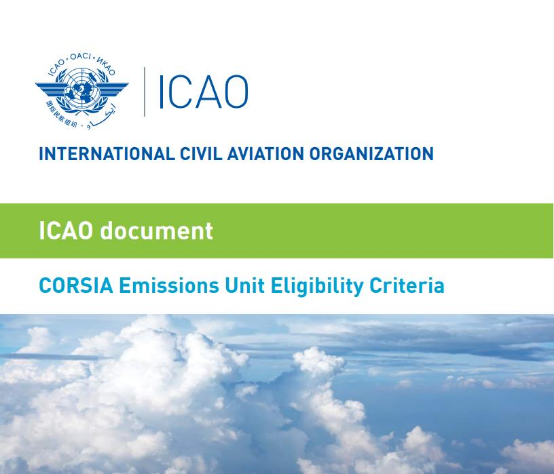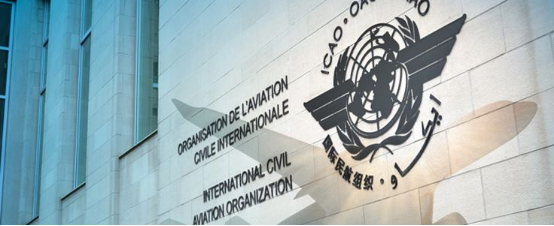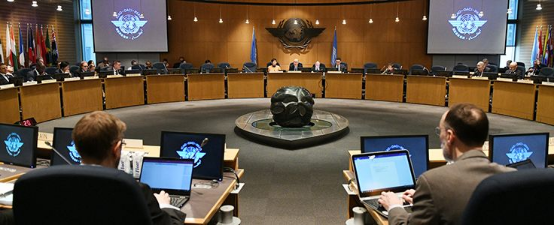ICAO Identified Six Eligible Carbon-Offsetting Programmes for Aviation Industry (CORSIA)

In 2016, the International Civil Aviation Organization (ICAO) adopted the Carbon Offsetting and Reduction Scheme for International Aviation (CORSIA) to address CO2 emissions from international aviation. It is forecast that CORSIA will mitigate around 2.5 billion tonnes of CO2 between 2021 and 2035, which is an annual average of 165 million tonnes of CO2.

At the ICAO Council meeting, which convened from 2-20 March 2020, in Montréal, Canada, the Council decided on the carbon-offsetting programmes and emissions units eligible for CORSIA’s 2021-2023 pilot phase. These six programmes are:
· American Carbon Registry
· China Greenhouse Gas (GHG) Voluntary Emission Reduction Program
· Clean Development Mechanism (CDM)
· Climate Action Reserve
· The Gold Standard
· Verified Carbon Standard

The Council’s decision followed recommendations by the Technical Advisory Body (TAB). In accordance with TAB’s recommendations on “eligibility timeframe” and “unit date eligibility,” the emissions units are issued to activities that commenced as of 1 January 2016, and in respect of emissions reductions occurring through 31 December 2020, subject to each programme’s scope of eligibility. The list of eligible emissions units will eventually be publicly available on the ICAO CORSIA website.
In its assessment and recommendation of programmes, TAB highlighted the following criteria:
· Permanence: Carbon offset credits must represent emissions reductions, avoidance, or carbon sequestration that are permanent, whereby any given risk of reductions or removals being reversed require that either such credits are not eligible or measures are in place to monitor, mitigate, and compensate incidences of material leakage.
· Additionality: Carbon offset programmes must generate units that represent emissions reductions, avoidance, or removals that are additional, including that they exceed any GHG reduction or removals required by law, regulation, or legally binding mandate.
· Avoidance of double counting towards mitigation obligations: Measures must be in place to avoid double issuance, double use, and double claiming such as could occur by claims from both an airline and the host country of the emissions reduction activity.
· Monitoring, reporting and verification: Emissions reduction is calculated in a conservative and transparent manner, verified by an accredited independent entity prior to issuance of offset credits, which should be based on accurate measurements and monitored on a regular basis.
· Public disclosure of sustainable development: A programme should list the criteria used regarding alignment with the SDGs.

In order to take into account the special circumstances and respective capabilities of States, CORSIA will be implemented in phases.
• From 2021 until 2026, only flights between States that volunteer to participate in the pilot and/or first phase will be subject to offsetting requirements.
• From 2027, all international flights will be subject to offsetting requirements, except flights to and from Least Developed Countries (LDCs), Small Island Developing States (SIDs), Landlocked Developing Countries (LLDCs) and States which represent less than 0.5% of international RTK, unless they volunteer to participate.
Nevertheless, all operators will have to report emissions for all international flights since 1 January 2019, including flights to/from exempted States.
Related links:
IATA- CORSIA: https://www.iata.org/en/policy/environment/corsia/
ICAO- Environment: https://www.icao.int/environmental-protection/CORSIA/Pages/default.aspx

